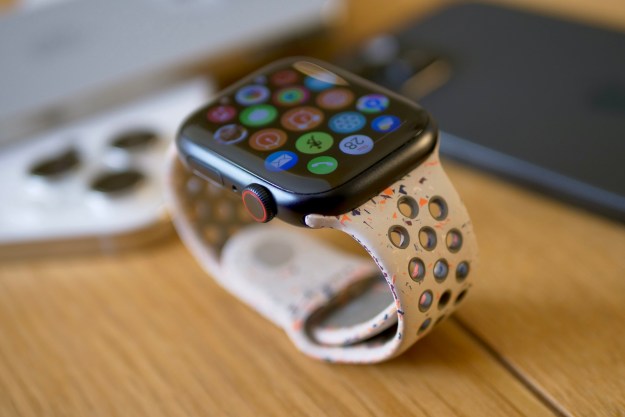Apple is quick to alert Apple Watch users that the device should not be used as a medical device, but already the Apple Watch Series 4, which offers improved heart-monitoring features, is helping save lives. Over the weekend the Apple Watch may well have saved the life of a 46-year-old man from Richmond, Virginia.
On Thursday, December 6, Apple released an update to the Apple Watch Series 4 that finally allows customers to conduct electrocardiogram tests, and through that test the device can alert users to the possibility that they might be experiencing atrial fibrillation, also known as AFib. When Richmond resident Ed Dentel conducted the test after updating his watch, the device quickly alerted him to the fact that he might be experiencing AFib.
“The application on the launch sounded off right away with atrial fibrillation — not something I’ve ever heard of, but since I’m in pretty decent health and never had a problem before, I didn’t give it much thought. I figured something was glitchy, so I set everything down turned in for the night,” said Dental in an interview with ABC News.
Turns out, however, there wasn’t a glitch. After putting the watch back on the next day, he was again alerted to the possibility that he might have AFib. He then gave the watch to his wife, and her test came back normal. After two more tests alerting him to AFib, Dentel went to urgent care, where he was eventually told that the Apple Watch may well have saved his life.
Thankfully, because of his young age and relatively good health, the condition should be manageable — and Dentel was referred to a cardiologist for an outpatient visit. There, his condition was confirmed.
AFib itself is the most common form of irregular heartbeat, and is defined as the “abnormal firing of electrical impulses [causing] the atria (the top chambers in the heart) to quiver” by the American Heart Association. AFib can result in heart palpitations, weakened heart muscles, and an increased risk of stroke.
As mentioned, of course, it’s important to not take what the Apple Watch says as gospel. The device is good at giving users a general idea of conditions they might have and can help them track their health — but if your device has alerted you to a condition you may have, definitely seek a second opinion from a professional.
Editors' Recommendations
- I keep forgetting about the Apple Watch Series 9’s coolest feature
- Nomad’s new iPhone case and Apple Watch band may be its coolest yet
- Check your Google Pixel Watch right now for two new features
- Why you shouldn’t buy these 5 Apple Watch Series 9 alternatives
- Apple may have delayed a critical Apple Watch upgrade


